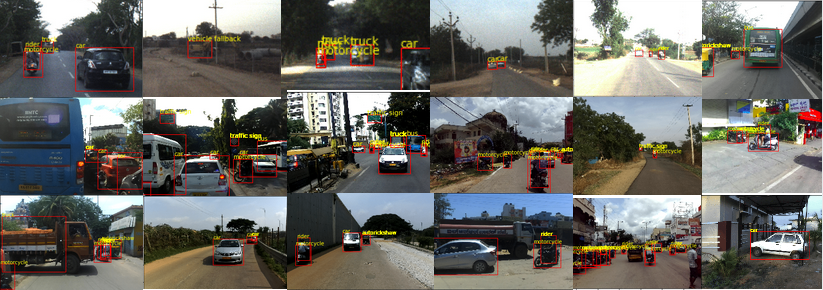
Meta Superintelligence Labs
prajj at meta dot com
Bio
I’m Praj, I work as an AI Researcher at Meta Superintelligence Labs working on building foundational models. I am a core contributor of LLaMA 4, LLaMA 3 LLaMA 2, LLaMA 2 Long, powering Meta’s flagship AI assistant meta.ai. My primary focus has been on fundamental pre-training research and infra around it. One of my primary contributions include building long context capabilites for LLaMA 4 both on modeling and pre-training infra / inference. LLaMA 4 can attend to documents exceeding 10M tokens. Previously I worked as an AI Resident within Reality Labs and Fundamental AI Research (FAIR) at Meta working on Offline Reinforcement Learning. My google scholar can be found here.
Prior to Meta, I was a CS graduate student at the University of Texas Dallas where I worked on commonsense reasoning under the supervision of Prof. Vincent Ng. My thesis is about improving commonsense reasoning through adversarial learning.
Publications
BTS: Harmonizing Specialized Experts into a Generalist LLM
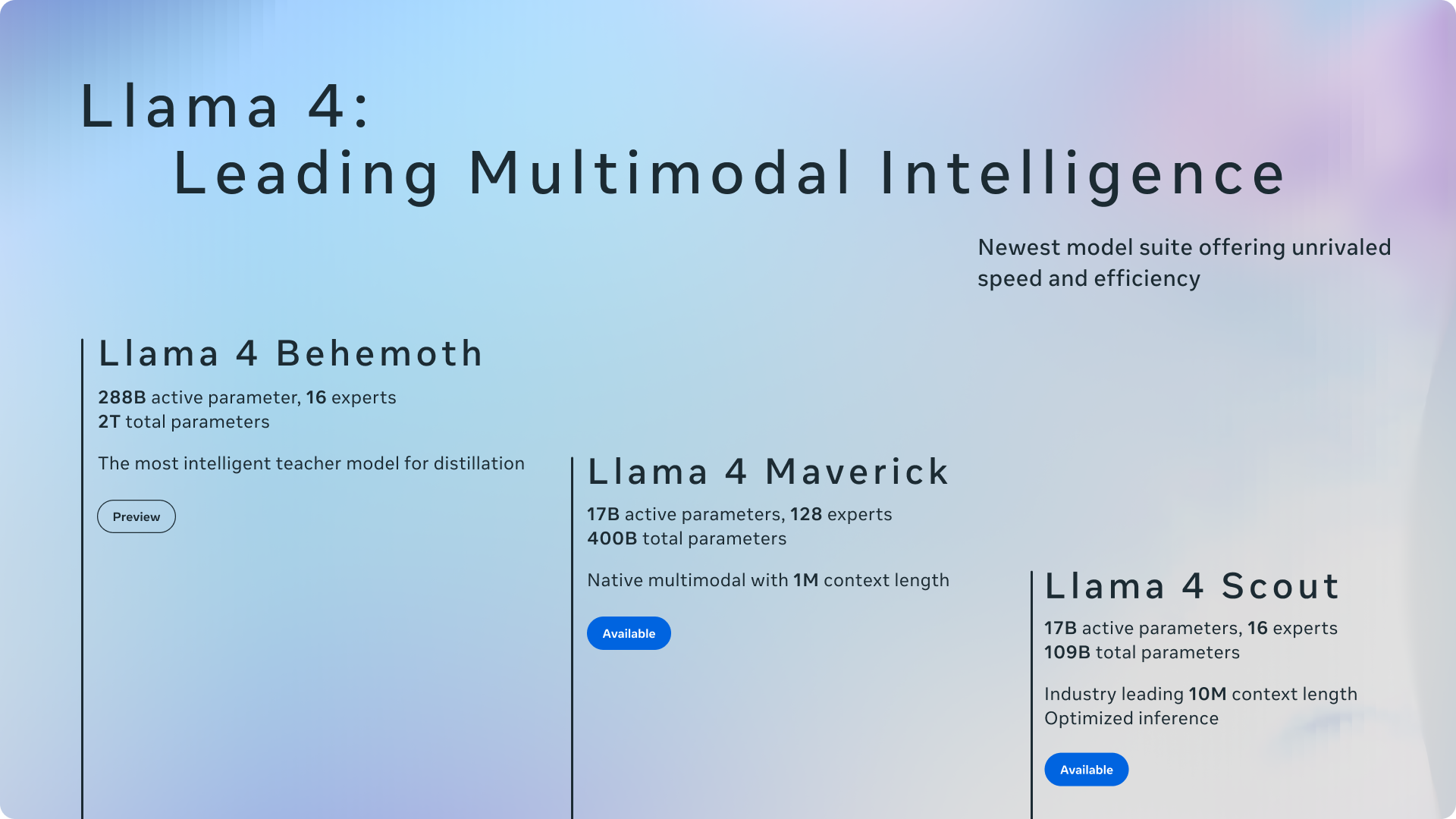
The Llama 4 herd: The beginning of a new era of natively multimodal AI innovation
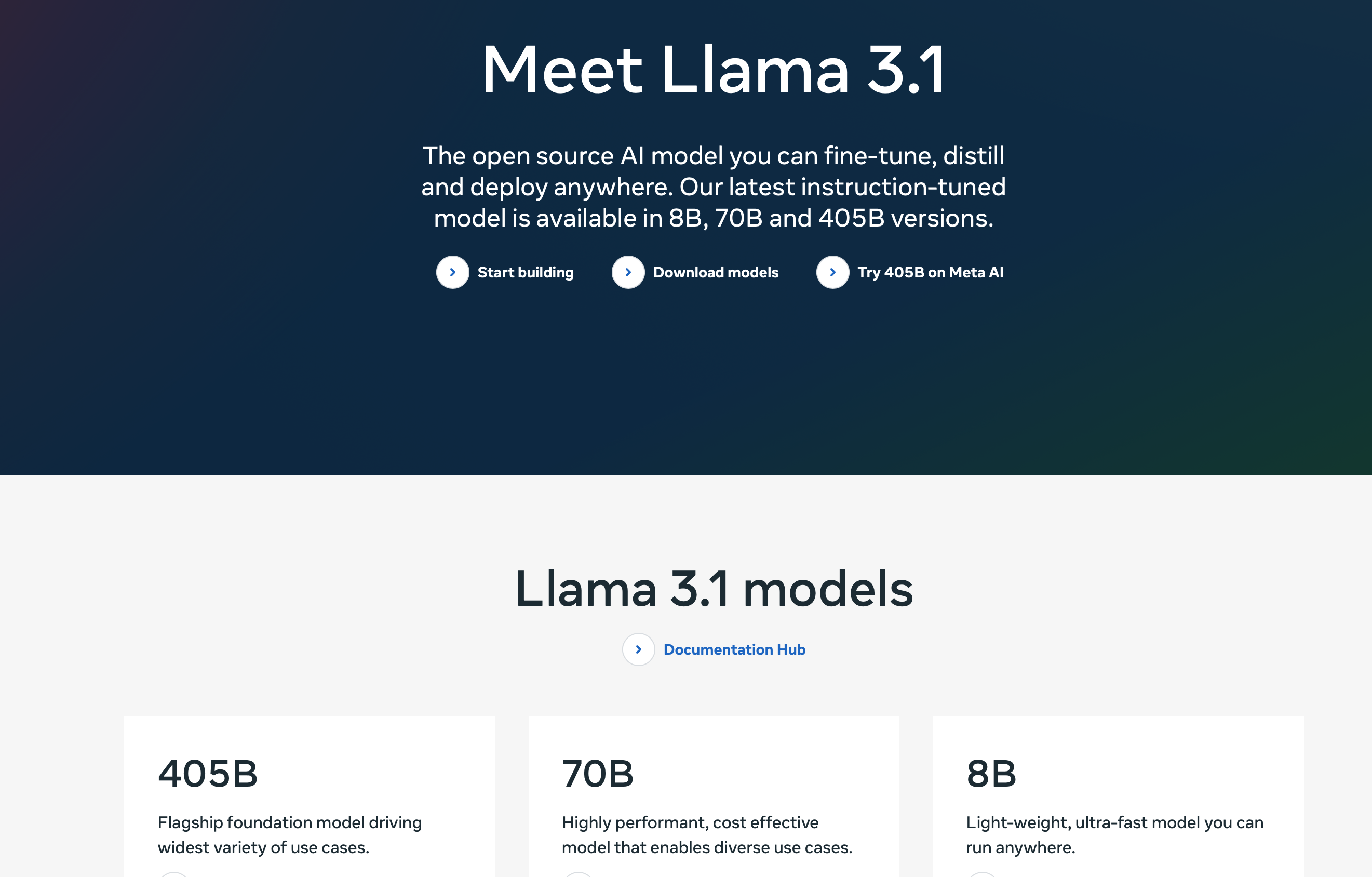
The LLaMA 3 herd of models
Correlating and Predicting Human Evaluations of Language Models from NLP Benchmarks
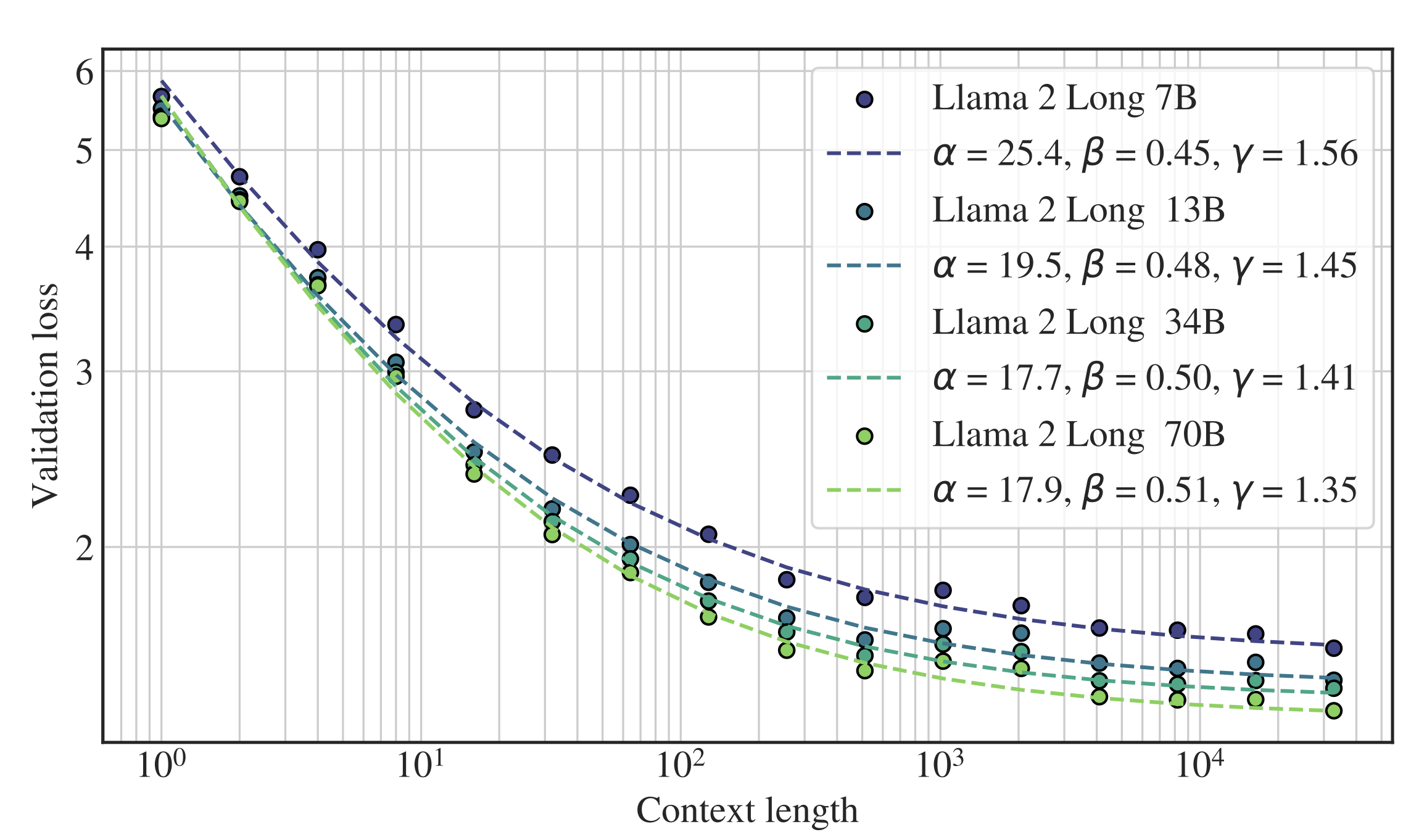
Effective Long-Context Scaling of Foundation Models

Llama 2: Open Foundation and Fine-Tuned Chat Models
Paper
Official Announcement
Code

Sequence Modeling is a Robust Contender for Offline Reinforcement Learning
International Conference on Learning Representations (ICLR) 2024
arXiv
Code
Bibtex

AUTODIAL: Efficient Asynchronous Task-Oriented Dialogue Model
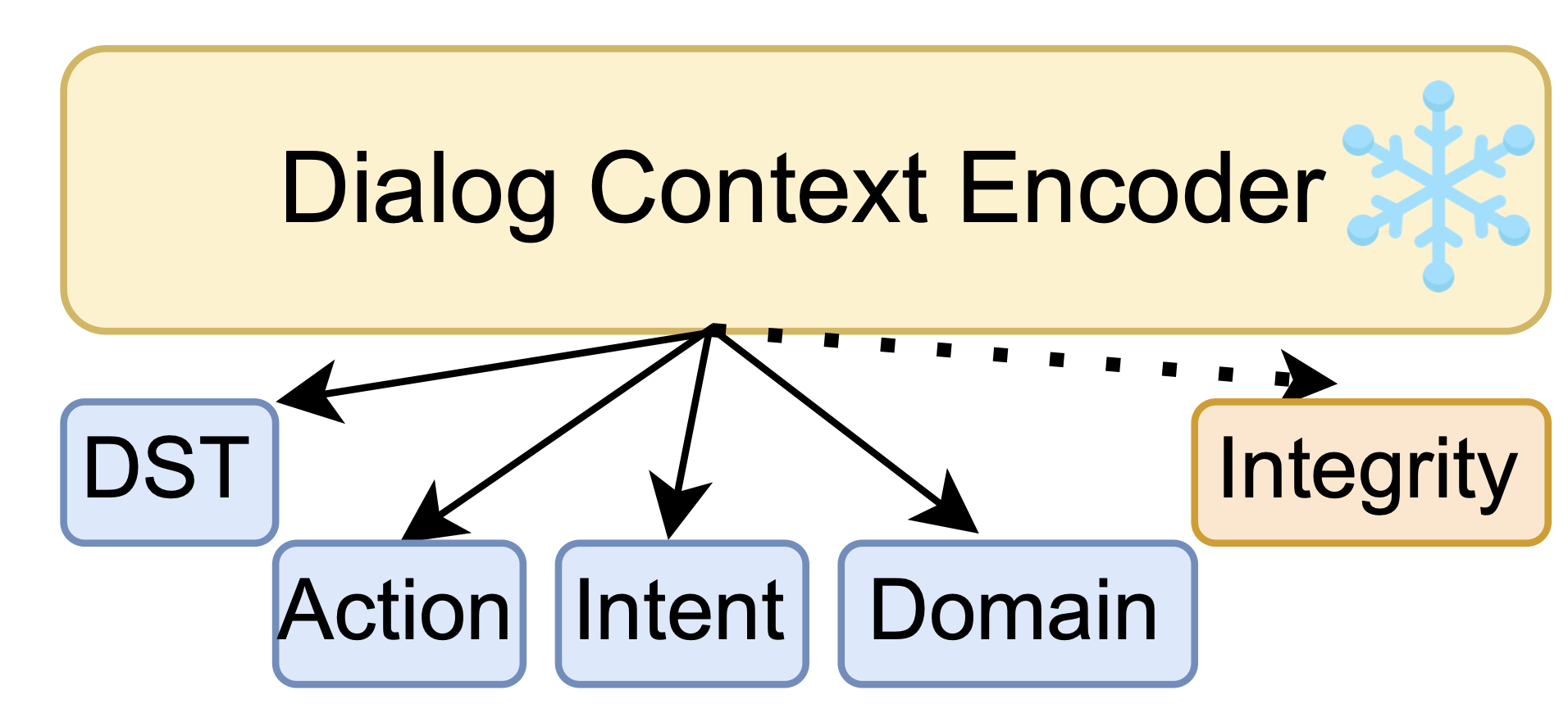
DiscoSense: Commonsense Reasoning with Discourse Relations

Commonsense Knowledge Reasoning and Generation with Pre-trained Language Models: A Survey

Generalization in NLI: Ways to [Not] Go Beyond Simple Heuristics
EMNLP Workshop on Insights from Negative Results 2022
Paper
Code (Huggingface)
Code (Pytorch Lightning)
Bibtex
Presentation video
Poster
Slides

Adaptive Transformers for Learning Multimodal Representations
ACL SRW 2022
Paper
Code
Bibtex
Presentation Video

On Generalization of Detection Models for Unconstrained Environments
ICCV AutoNUE Workshop 2022
Paper
Code
Bibtex
Poster

Incremental Learning in Person Re-Identification
arXiv preprint
Paper
Code
Bibtex
Poster

Side projects
fluence
Winner of Pytorch Global Hackathon 2020. A Pytorch deep learning library focussed on
providing support for compute efficient and debiasing algorithms in transformer based
model for NLP research. Contains implementation of Adaptive Attention, Sparsity, Layerdrop,
Debiasing, Pruning utilities etc.

Autonomous Object Detection
This project focussed on 2D object detection with Pytorch.
User can leverage models provided from `torchvision` and use datasets provided in this project (`idd`, `cityscapes`, `bdd`)
for training and evaluation of models. Additionally, support for incremental learning was added.
